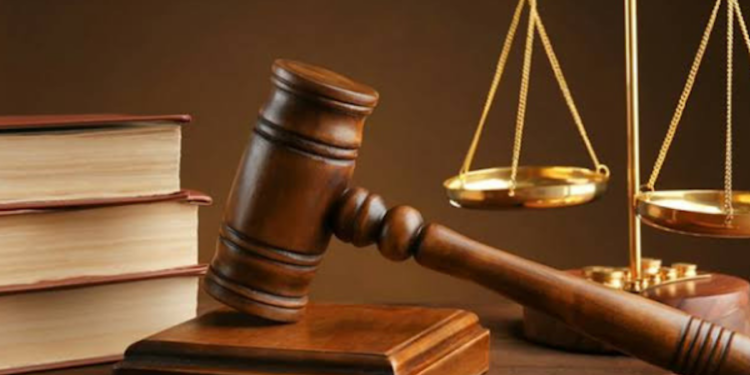The aftermath of the recent elections has cast a shadow of tension over many states, with the fate of at least 15 governors hanging in the balance pending the outcome of legal challenges at the Supreme Court.
Opposition candidates in several states, including Kano, Plateau, Abia, Delta, Cross River, Rivers, Lagos, Sokoto, Nasarawa, Benue, Akwa Ibom, Taraba, Lagos, and Bauchi, are contesting the Court of Appeal judgments related to the March 18, 2023 governorship elections. The appeals have triggered a legal battle that could potentially alter the political landscape in these states.
Legal teams representing aggrieved parties have formally submitted their processes to the court, while others, committed to approaching the Supreme Court, are expected to file their papers in the coming week. Chief Justice of Nigeria, Justice Olukayode Ariwoola, is anticipated to form panels, led by justices such as Inyang Okoro, to hear and pass judgment on these critical matters.
This marks the final stage of the battle for governorship seats, and the outcomes hold significant consequences. Any governor who loses their case at the Supreme Court will be compelled to vacate office, a departure from the lower courts’ decisions that allowed governors to remain in office during election dispute cases.
The Supreme Court’s verdict on appeals arising from lower court decisions in gubernatorial elections is definitive. Since the advent of the Fourth Republic in 1999, at least eight sitting governors have been removed from office as a result of Supreme Court decisions overturning earlier electoral outcomes.
Notable instances include the removal of Dr. Chris Ngige in 2006, who had initially been declared the winner of the 2003 gubernatorial election in Anambra State. The Supreme Court replaced him with Mr. Peter Obi of APGA. Chief Celestine Omehia of Rivers State also faced a similar fate in 2007 when the Supreme Court declared Hon Rotimi Chibuike Amaechi as the validly elected governor.
This history underscores the critical impact of the Supreme Court’s decisions on the political landscape, as it has the power to alter the leadership in several states based on the merit of the legal challenges presented before it.
























